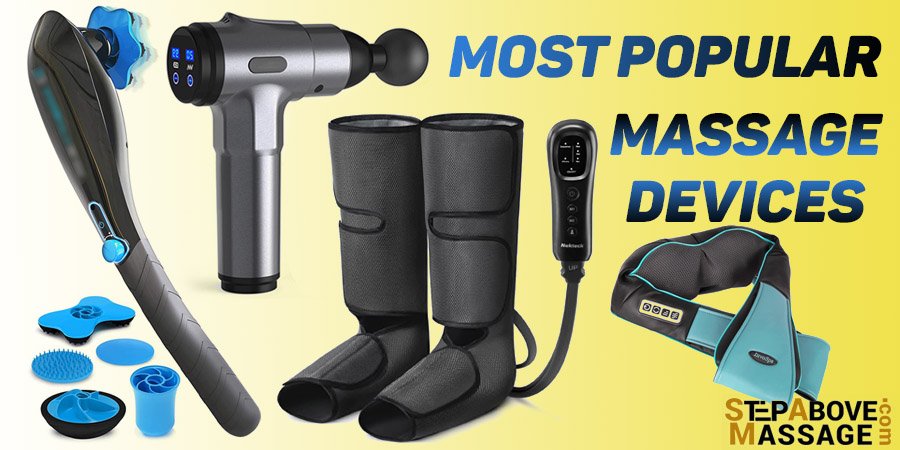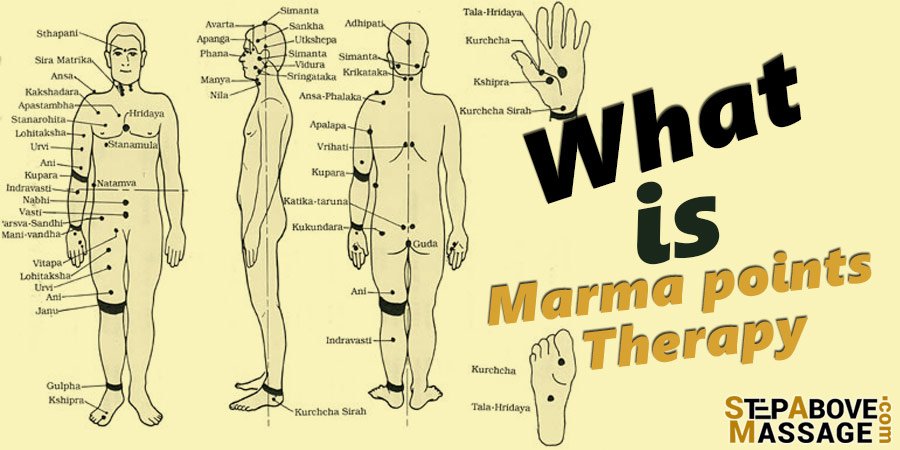Why Massage is a Good Idea for Valentine’s Day
Love is a god-given gift that only some people can have in their hearts. So love can be considered as a holy feeling or a sacred factor. Love can be expressing interest to your mother, a close friend, a partner, or even yourself. When love arises we must express it. Although every day can be…














